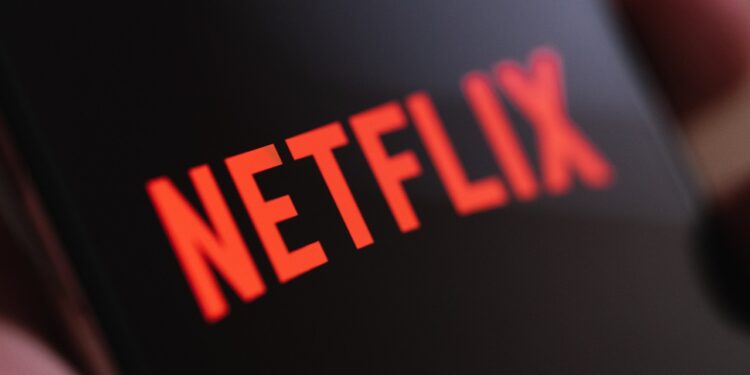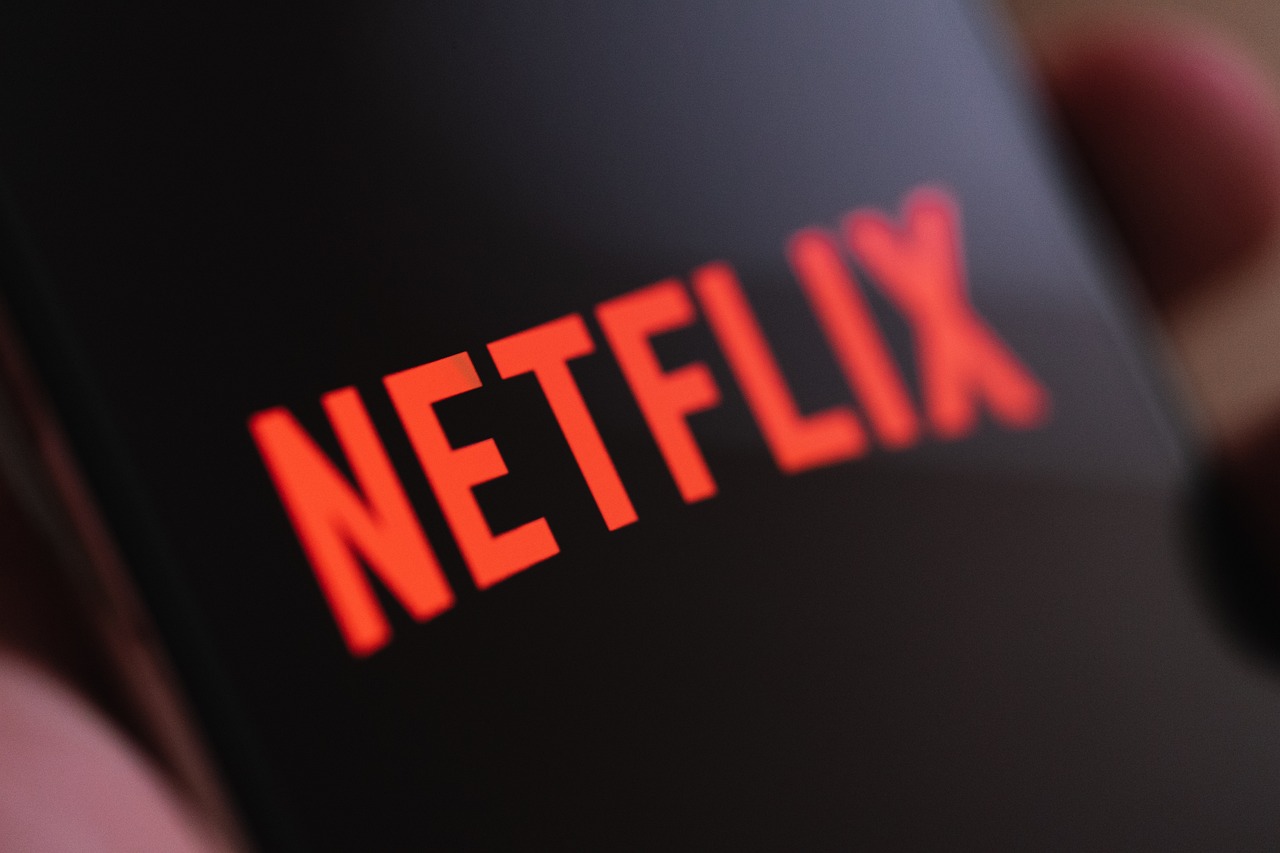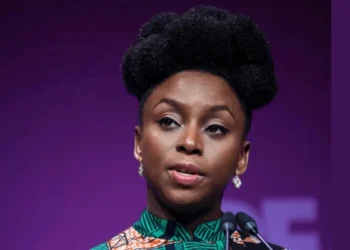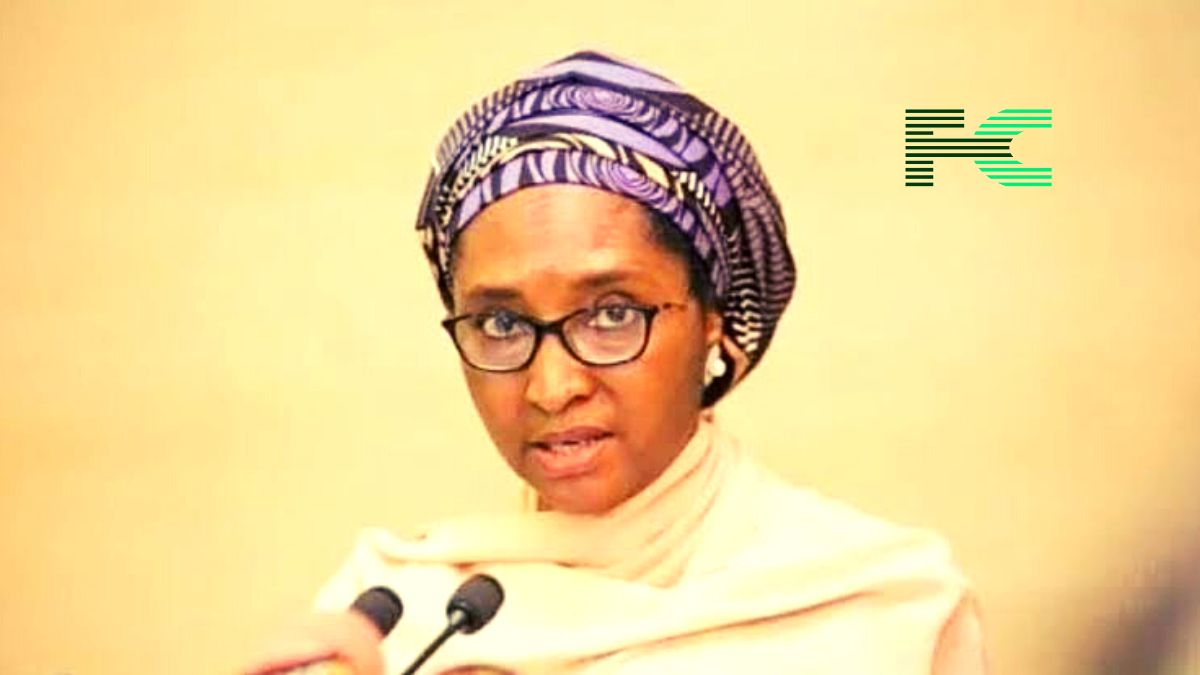In recent years, Netflix has become a go-to platform for streaming Nollywood films, giving the Nigerian film industry an unprecedented global stage. But while many films are now just a click away, not all titles are accessible to every viewer worldwide. The reasons are both economic and strategic.
Nollywood Meets Global Streaming
Nollywood, the nickname for Nigeria’s prolific film industry, produces thousands of films annually, making it the second-largest film industry by volume after India’s Bollywood. Traditionally, distribution was limited to local cinemas, DVD sales, and TV broadcasts. However, streaming platforms like Netflix have opened a new frontier, allowing Nollywood films to reach international audiences in North America, Europe, and parts of Africa.
For filmmakers, Netflix represents more than just a distribution channel. It offers:
- Revenue opportunities: Through licensing deals and royalties, creators earn more than traditional DVD sales.
- Global exposure: A Nigerian drama or comedy can reach viewers who may never have had access to Nollywood cinema otherwise.
- Professional recognition: Inclusion on Netflix often signals a certain production quality, helping filmmakers attract investors for future projects.
Licensing Deals and Regional Restrictions
Not every Nollywood film is available to every Netflix subscriber worldwide. This is largely due to licensing agreements and regional distribution rights. When a producer sells a film to Netflix, the contract typically specifies which countries or regions the film can be streamed in.
For example:
- A Nollywood film may be available in Nigeria, the United States, and the United Kingdom but not in other African countries due to pre-existing TV broadcast rights.
- Licensing deals with multiple platforms (like Showmax or iROKOtv) may prevent Netflix from streaming certain films in some territories.
Essentially, what you see on Netflix is a result of intricate business negotiations behind the scenes—decisions driven more by contracts than by viewer demand.
Production Quality and Netflix Standards
Netflix tends to be selective about the Nollywood films it licenses. While the industry is prolific, the platform often prioritizes films that meet its technical and storytelling standards. This means:
- Well-produced films with high-quality cinematography, sound, and editing are more likely to be featured.
- Films with strong narratives or unique stories that appeal to international audiences are preferred.
As a result, smaller or lower-budget Nollywood films may not immediately find their way to Netflix, even if they are popular locally.
The Role of Content Strategy
Netflix also curates its catalog to appeal to specific markets. Sometimes, even when a film meets all quality standards, it may not be made available globally because:
- The platform is testing viewer interest in particular regions before a wider release.
- Regional popularity data suggests a film may perform better in certain territories.
- Cultural sensitivities or censorship laws require limiting access in some countries.
This means your favorite Nollywood drama might be just out of reach—not because Netflix doesn’t want to show it, but because of strategic decisions behind the scenes.
The Future of Nollywood on Streaming Platforms
Despite these restrictions, the presence of Nollywood films on Netflix signals a new era. More African films are being discovered worldwide, encouraging cross-cultural collaborations and bigger investments in production. Filmmakers are increasingly aware that producing globally appealing content increases the chances of landing on major streaming platforms.
In the future, we may see more flexible licensing deals and localized content strategies that allow more Nollywood films to be accessible worldwide. Until then, the selective availability will remain a combination of licensing, production standards, and Netflix’s global strategy.
Nollywood’s partnership with Netflix has transformed the industry, giving it international visibility and new revenue streams. Yet, the selective availability of films is a complex interplay of business, strategy, and quality standards. For viewers, it’s both an opportunity to explore African cinema and a reminder of the intricate negotiations behind every title on the platform.


















